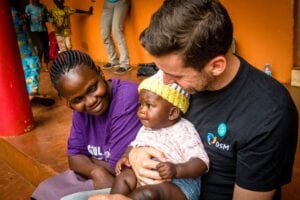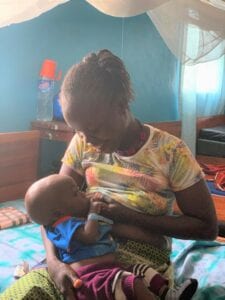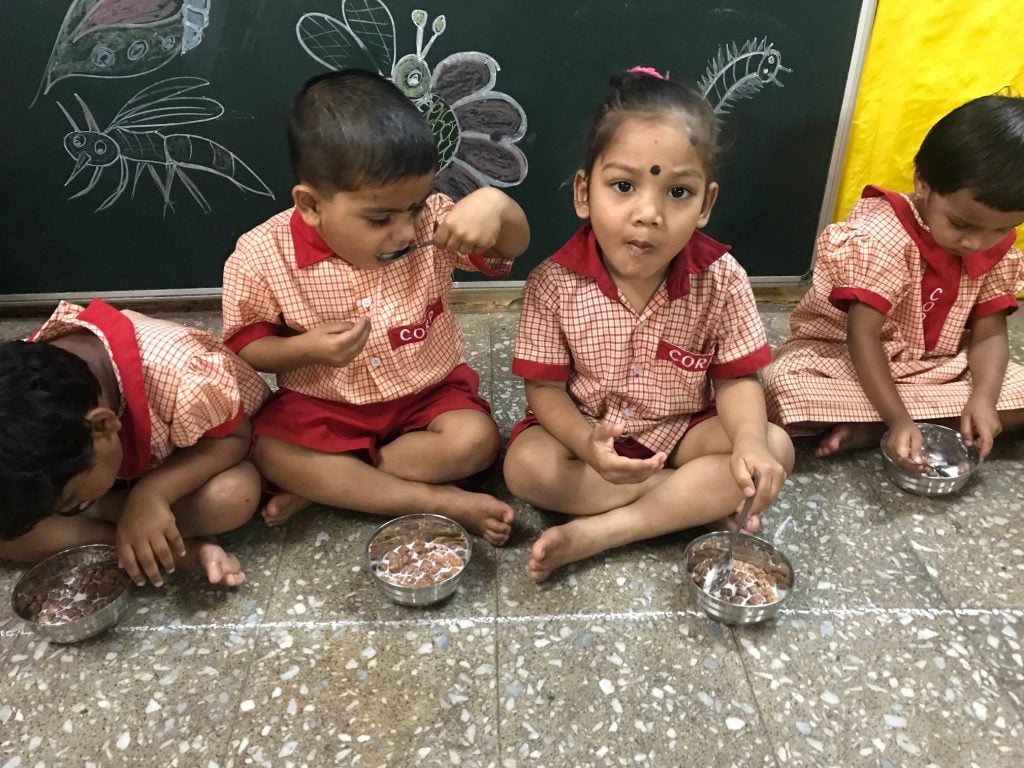4 min read
When my stomach growls from hunger, I walk to the fridge, open the door and take whatever looks good. I know that for many people in the world, this is a dream. They have no fridge, little food and no way to ease their hunger pains.
Lack of nutrition is one of the most serious issues in the world today and has important consequences for many different sectors. For example, it hinders education because it reduces the ability of children to learn; it limits livelihoods because malnourished adults – or adults that were severely malnourished as children – have less capacity and energy to work; and it damages health care as by blocking patient responses to treatment. In fact, basic nutrition-related interventions have positive impacts on a range of other development interventions.
As part of its Breaking Boundaries theme, the AVPN Conference 2019 wants to understand why nutrition remains an underfunded issue. It is seeking to improve collective concern for and understanding of this issue among conference participants. Currently malnutrition remains a neglected area of global health and development, accounting for less than 1 percent of global foreign aid.
Some of the organizations participating in the AVPN 2019 annual conference are working hard to address malnutrition in Asia. They aim to create an environment in which all communities have access to appropriate nutrition – and thus the opportunity to reach their full potential. This article highlights some of these efforts.
Nutrition is Good Business
“Investing in nutrition is good business” says Anand Sundaresan, Regional Vice President, APAC, Human and Health Nutrition, “Every year, it is estimated that countries can lose up to 3% of GDP as a result of micronutrient deficiencies, because of the negative impact on health, learning ability and productivity”. DSM, a global purpose-led, science-based company specialising in ‘Nutrition, Health & Sustainable Living’ works at achieving better and more sustainable nutrition for all.

Sundaresan confirms: “Nutrition interventions have a payoff: for every dollar spent on reducing stunting, there are savings estimated up to USD 166”. He further emphasises that: “At DSM, we believe that a strong society is more than just a strong economy; the objective must be a healthy, functioning society for all”.
More money for nutrition, more nutrition for money
The Power of Nutrition, an innovative charitable foundation, works on helping to end the cycle of undernutrition and to drastically reduce stunting; it has a specific focus on improving mother and child nutrition. “We build collaborative partnerships that enable us to co-finance national programmes that are designed to tackle undernutrition in the critical first 1,000 days of life. One way that we do this is by convening effective partnerships under a single programme working towards systemic and sustainable solutions, to avoid undertaking lots of small and undercoordinated projects”, says CEO, Martin Short.

The Asia region still bears the greatest burden of undernutrition which “…it remains the underlying cause of 45% of child mortality” confirms Short. “Improving nutrition requires new investment”.
An Approach on Collaboration
Collaboration is key in moving the nutrition discussion forward. Kellogg describes itself as a purpose-driven organisation, a company with a heart and soul. As the world’s largest plant-based food company, the have been on a 100+ year journey to positively impact people and they planet through their foods. In the last 10 years alone, they’ve provided 3 billion servings of food to people in need through their flagship programme Better Days, fighting hunger in communities across the globe.
Rebecca Boustead, Head of Corporate Communications, Government Relations and Public Affairs, Kellogg Asia Pacific, says: “We are looking to find ways to increase our impact through partnerships and collaboration. Effective partnerships are critical to delivering measurable, tangible contributions that address the hunger issue. We know that kids who eat breakfast have improved cognitive performance, particularly in the domains of memory and attention, and the effect is even larger in undernourished children”.
Through the AVPN network, Kellogg has found like-minded partners that play to each other’s strengths. An example is “Bright Start for Better Days” in India. The pilot, launched in 2018, now feeds 2,000 children breakfast five days a week, with the aim to scale up later this year.
Boustead is crystal clear: “The more people from different backgrounds that we bring together to brainstorm solutions, the more likely we will be able to sustainably solve issues like hunger”.
To engage in and contribute to the discussion, join these speakers at the AVPN Conference 2019 nutrition related sessions.


















